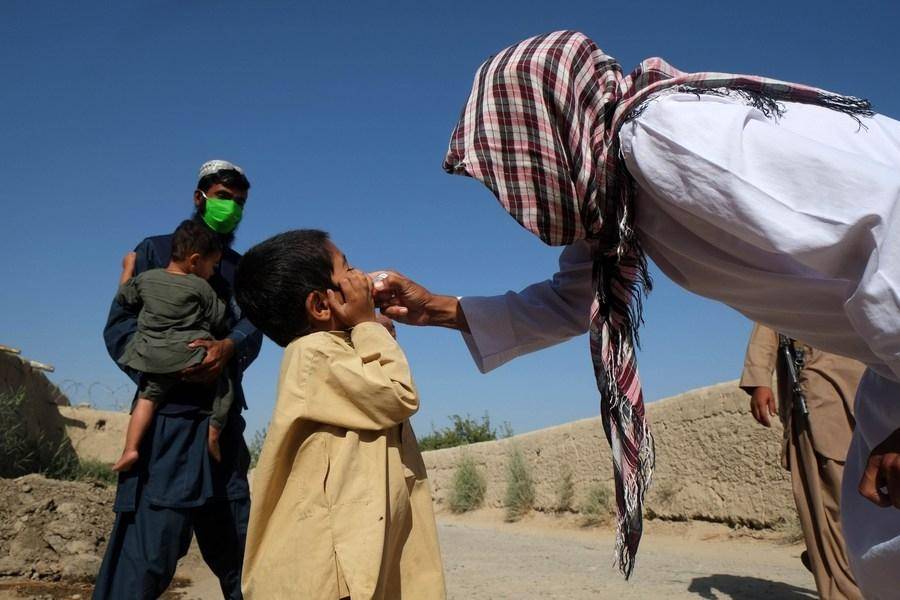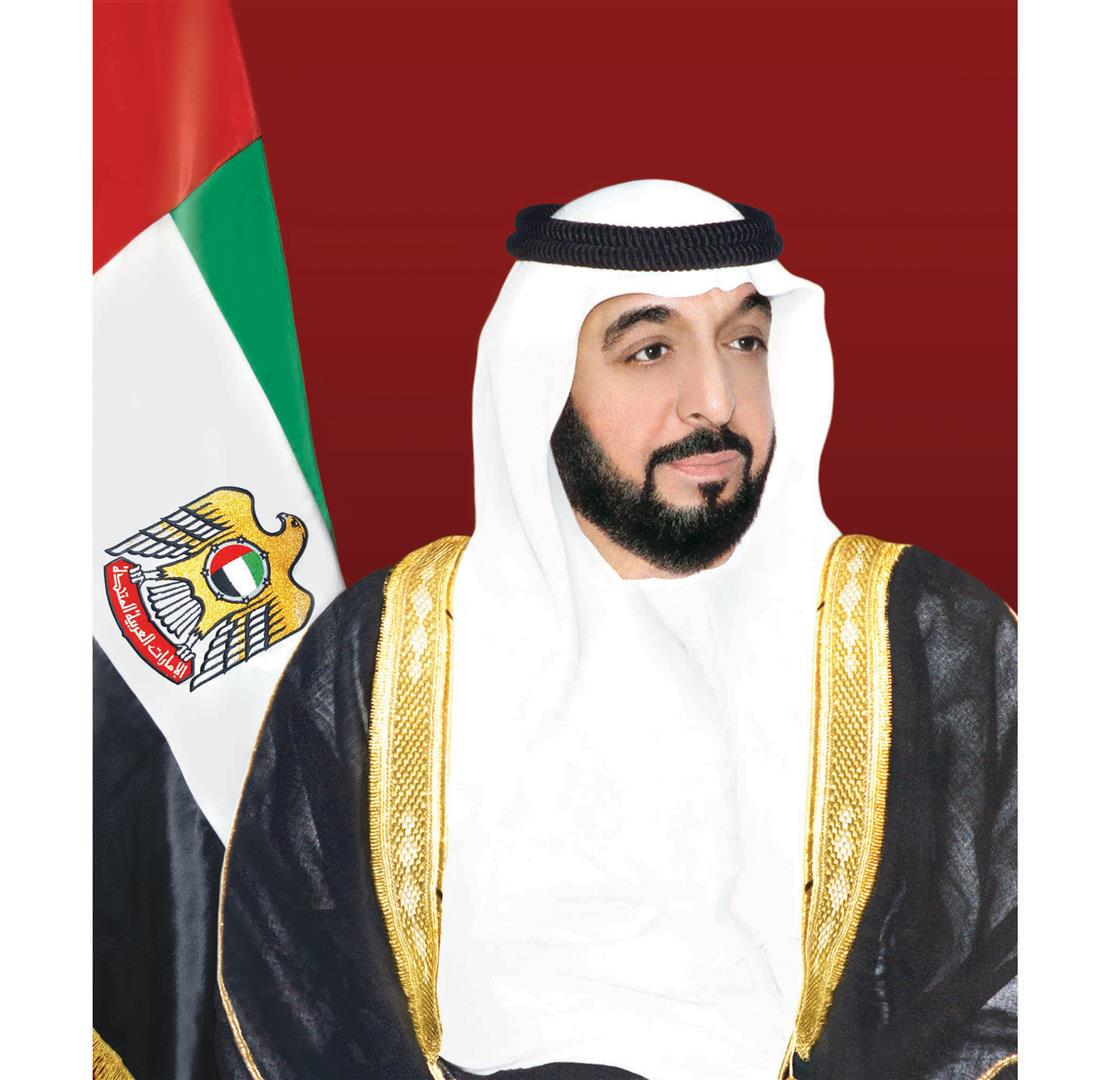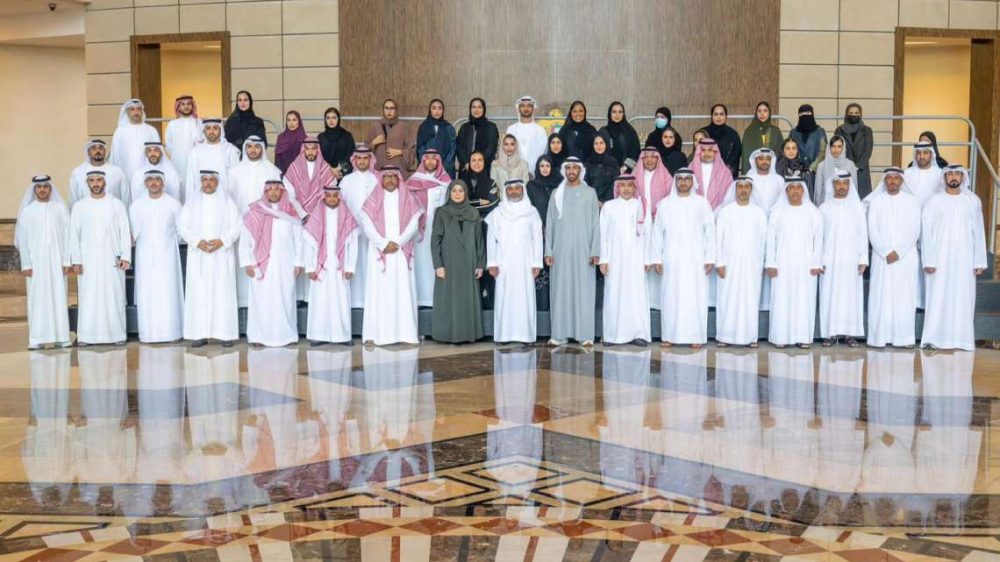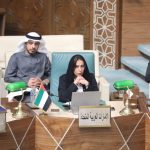The UAE was ranked first in the Primary Education Enrolment and Literacy Index in the Global Gender Gap Report published by the World Economic Forum, as well as first in terms of the flow of the international students index published by IMD, reports Asian Lite Newsdesk
The UAE has been ranked first globally in three indexes related to the Sustainable Development Goal 4 of Quality Education.
According to several key international organisations in the field of competitiveness, the UAE maintained its leadership in these indexes since 2020.
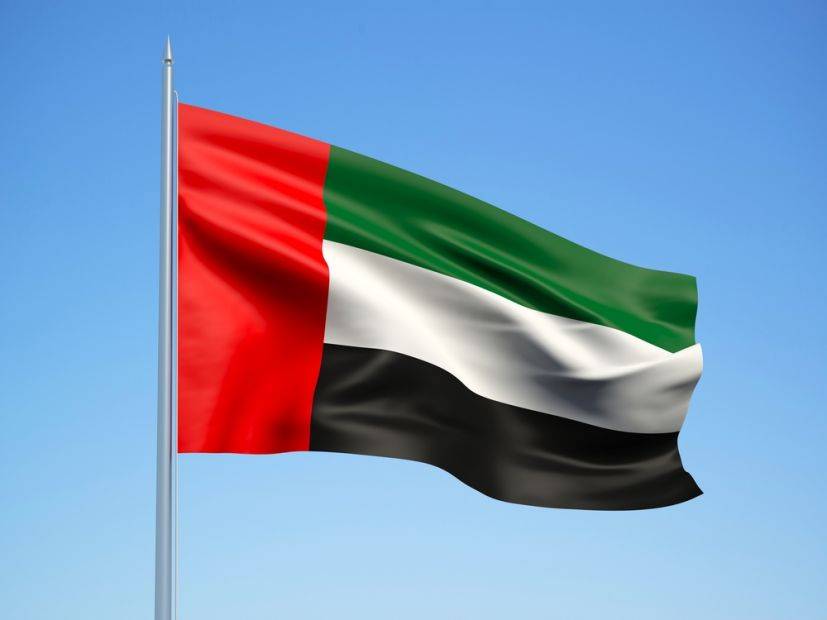
The Federal Competitiveness and Statistics Centre (FCSC) has informed the Emirates News Agency that the UAE has strengthened its efforts to achieve the Sustainable Development Goal 4, which is to guarantee inclusive and equitable quality education and promote lifelong learning opportunities for all, as well as explained its pioneering initiatives aimed at supporting the efforts of several countries to achieve this goal.
The UAE was ranked first in the Primary Education Enrolment and Literacy Index in the Global Gender Gap Report published by the World Economic Forum, as well as first in terms of the flow of the international students index published by IMD.
The country’s global leadership in the three indexes underscores the UAE’s keenness to ensure fair, quality and inclusive education for all, as well as to create opportunities for lifelong education, as it provides free education to all citizens in public schools. Education is mandatory in the country for all individuals over the age of 6 until 12th grade, or until they are 18-years old.
Federal Law No. 3 for 2016 concerning children’s rights, also known as Wadeema’s Law, ensures the right of children to education, and Article No. 31 stipulates that “every child shall have the right to education and the state shall work on achieving equal opportunities for every child, according to the laws in force.”
According to Article No. 32 of the law, the state must adopt measures to ensure children’s access to schools and develop the education system, and prevent the children’s escape from school, including nurseries, to guarantee the development of children’s mental, physical, emotional, social and ethical abilities.
The law prohibits children’s parents or guardians from not enrolling them in schools or stopping them from going to school during mandatory education periods.
In terms of the literacy index, the UAE has made significant progress in reducing illiteracy rates to below 1 percent, and has promoted the principles of sustainable education in overall academic processes and practices.
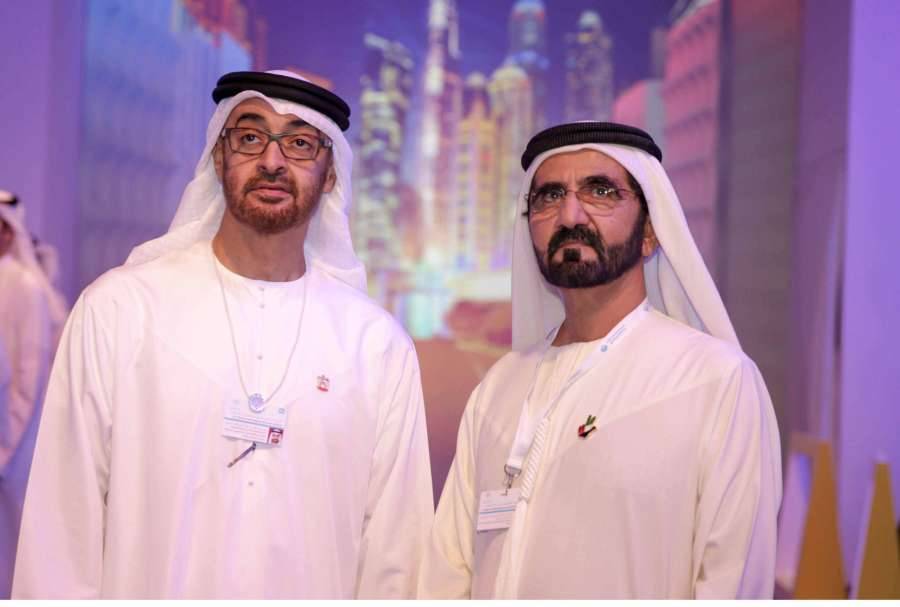
Concerning the net flow of international students index, the UAE’s higher education sector has maintained its international leadership in attracting non-citizen students, and has succeeded in establishing a distinguished universal higher education model over a short period of time, which ensures quality educational outcomes and diverse specialisations, in addition to its open environment and flexible laws.
In 2017, the UAE formed the National Development Goals Committee, which includes the membership of several ministries and federal authorities, who share the responsibility of implementing national sustainable development goals and monitoring related progress, in partnership with stakeholders from the public and private sectors, as well as issuing periodic reports about the country’s achievements in this regard.
In addition to its local achievements, the UAE leads countries around the world that support the promotion of quality education, through launching several initiatives and programmes, most notably “Madrasa,” which is an educational e-platform aimed at offering high quality content to educational institutions worldwide.
DP World, a member of the Advisory Council of the National Development Goals Committee, launched a universal education programme targeting children from ages 8 to 14, to raise their awareness of ports and maritime trade.
DP World staff have volunteered in this programme, which has reached out to over 26,000 students in 25 countries speaking 14 languages. The programme was presented with the participation of over 800 employees and 700 tutors.
Since 2012, the UAE has implemented a smart education system aimed at harnessing technology and providing remote learning services to students under all circumstances. This system has played a pivotal role in ensuring the continuity of education services during the COVID-19 pandemic.
Under this framework, over 25,000 tutors were trained remotely using smart technologies, while computers and tablets were provided to students to support the remote learning process.
The UAE is also keen to prioritise education in its foreign aid. It has supported the Global Partnership for Education (GPE) with AED367 million paid over three years from 2018 to 2020, to support the education systems of 90 countries. It also pledged to provide an addition AED367 million to support the Strategic Education Plan 2021-2025.
During the open discussion on “Children and Armed Conflict”, organised by the Security Council in September 2020, the UAE said its total donations to support education projects around the world amounted to $1.55 billion, including a donation worth $284.4 million to regions affected by crises.
Since 2017, the UAE has cooperated with the United Nations Children’s Fund and other partnerships to support the education of 20 million children in 59 countries.
ALSO READ: UAE Leaders Meet Indonesian President
The UAE is continuing to promote education globally by building schools and universities and providing grants and funding aimed at offering various segments of the community with educational opportunities.
The Mohammed bin Rashid Al Maktoum Global Initiatives has helped build over 2,126 schools and trained 400,000 teachers around the world through 2019, while its programmes in 2020 have reached out to 45.5 million people. It has also allocated AED265 million to continue existing programmes.
Under the same framework, the Abu Dhabi Development Fund is continuing to implement its development goals and support the economies of developing countries by financing educational projects.
It is also keen to build educational centres, universities, schools and professional training centres throughout the world.






